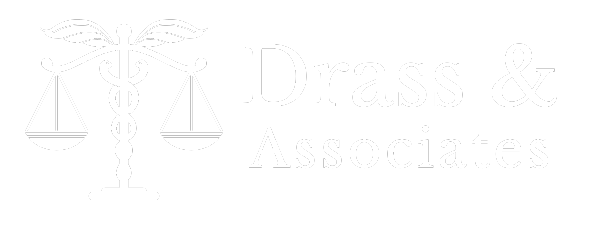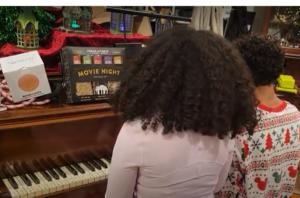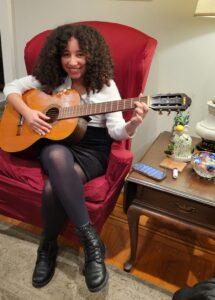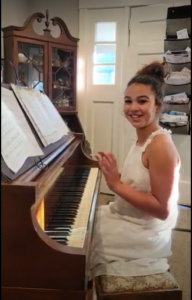Every year, as holiday lights twinkle and gingerbread scents fill the air, there’s a familiar melody that rises above the festive din. It’s not a jolly jingle, but the soaring crescendo of “Do-Re-Mi,” serenading us from within the cozy confines of “The Sound of Music.” This timeless film, more than just a saccharine tale of a singing governess, holds a special resonance for a legal nurse like me. It is my favorite movie of all time; in its vibrant tapestry of music and mountains, it whispers a poignant truth about the power of voice – both literally and figuratively – in communities and in healthcare.
Singing, in “The Sound of Music,” isn’t mere backdrop, it’s the very lifeblood of the movie. It breaks down barriers, melts frosty hearts (Captain Von Trapp, anyone?), and ignites revolutionary spirit. Maria’s infectious melodies become weapons against rigidity, unlocking creativity and joy in the wake of her unconventional methods. This, to my legal-nurse-consultant eyes, holds a profound parallel to the importance of communication in medicine. While we don’t wield sheet music as our tools, our clear articulation of complex medical jargon is the key to unlocking understanding and trust between patients and providers.
But what happens when the song falters? In a twist mirroring real-life legal battles, the film’s star faced a devastating reality. Julie Andrews, the woman who gave voice to Maria, filed a medical malpractice lawsuit in 1997 after a throat surgery went awry. Allegedly, the procedure, intended to remove benign nodules, left her with permanently damaged vocal cords, silencing the very instrument that had captivated audiences worldwide.
This case, though fictional within the film, highlights the crucial role the legal system plays in upholding and improving medical standards. Legal battles, much like Maria’s struggles with the Baroness, are about holding entities accountable for deviations from accepted practices. Through meticulous analysis of medical records and expert testimony, the legal system strives to ensure patient safety and deter negligence. It’s a system that, while imperfect, ultimately aims to keep the symphony of healthcare in tune, with every note resonating with compassion and responsibility.
So, this holiday season, as you hum along to “Climb Every Mountain,” let the film’s message carry beyond the silver screen. “The Sound of Music” isn’t just a feel-good classic; it’s a reminder that healthcare thrives on clear communication, unwavering dedication to patient well-being, and the constant pursuit of better melodies. May the legal system, in its own way, become a conductor of this chorus, ensuring that every note, in fact, rings true.
And while Julie Andrews’ voice may have been tragically silenced, her story serves as a powerful anthem for patient voice and advocacy. Let it be a constant reminder that even the most beautiful songs can face discord, and that sometimes, the legal system becomes the necessary instrument to restore harmony. This holiday season, as we raise our voices in joyful carols, let us also raise them in support of a healthcare system where every voice, regardless of pitch or volume, is heard and protected.
The lawsuit accused Dr. Scott Kessler of operating on both sides of Andrews’ vocal cords, though there was “no reason to perform surgery of any kind.” Kessler’s partner, Dr. Jeffrey Libin, was also named.
Read more here: https://www.cbsnews.com/news/singer-sues-doctor-over-voice/
Pictured:
The author re-enacting “The Hills Are Alive” at the Trapp Family Lodge, Stowe Vermont, 2005 – Cover photo credit: Gerry Drass
Sonya and Lucas Drass at the piano, Christmas 2023, Sonya Drass with her guitar, Leonna Attwood at the piano.
Creative support thanks to Bard.




